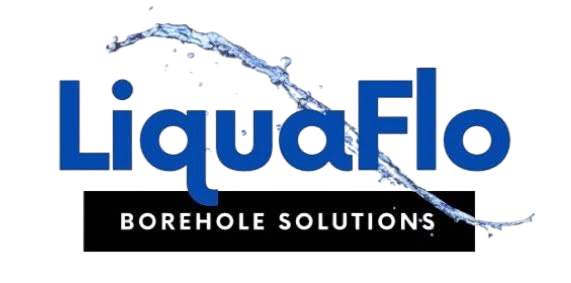What Equipment Is Actually Used in Borehole Drilling?
If you’ve ever wondered how borehole water gets from deep underground to your tap, it all starts with the right equipment. Borehole drilling might seem like something out of a science lab, but it’s actually a carefully planned process — powered by some serious machinery.
Whether it’s for your home, business, or farm, understanding the technology behind a borehole system can help you appreciate the importance of doing it right from day one. Let’s break down the machines and tools used to drill a borehole in South Africa, and why professional equipment matters.
What Is a Borehole Drilling Machine?

A borehole drilling machine, also known as a borehole rig, is a powerful piece of equipment designed to penetrate various layers of earth to reach underground water. Think of it like a huge, mechanical drill — but built to go deep, often beyond 100 metres, through clay, rock, and sand.
There are different types of rigs, but they all share one purpose: to create a clean, stable hole that can safely access and transport water for years to come.
Types of Borehole Drilling Machines
Here are the most common types of borehole drilling machines used in South Africa:
1. Percussion Drilling Rigs

These rigs use a heavy drill bit that pounds repeatedly into the ground. They’re effective in rocky or tough terrains but are slower than other options. They’re usually used in rural or agricultural settings where deeper drilling is required.
2. Rotary Drilling Rigs

Rotary rigs are faster and more efficient. They use a rotating drill bit that grinds its way into the earth. This type is widely used for residential and commercial projects where quick, clean holes are needed.
3. Down-the-Hole (DTH) Hammers

DTH systems combine rotary drilling with a pneumatic hammer at the bottom of the hole. The hammer provides additional force, making it ideal for deep, hard rock layers. It’s often the go-to for high-yield boreholes in Gauteng and surrounding areas.
Other Key Borehole Equipment

Borehole drilling is more than just the rig. Here are other essential pieces of the puzzle:
- Mud Pumps – These circulate drilling fluid (or “mud”) to cool the drill bit and remove debris.
- Casing Pipes – Installed to line the borehole and prevent collapse.
- Compressors – Used to power tools and clear cuttings from the hole.
- Submersible Pumps – Once drilling is complete, these pumps draw water from underground and send it to your tank or home.
- Pressure Regulators and Controllers – These manage water pressure and ensure your system works efficiently.
Why Professional Equipment Matters
DIY drilling or using outdated equipment can lead to a host of issues — from collapsed boreholes to poor water yield. That’s why LiquaFlo Borehole Solutions only works with SABS-compliant, trusted subcontractors who use high-grade drilling rigs and components.

Our team doesn’t just drill a hole; we engineer a system — combining the right rig, correct depth, reliable casing, and quality pumps — to make sure your borehole performs for decades, not just a few months.
Borehole Drilling in South Africa: Go Local, Go Pro
In places like Johannesburg South, where soil conditions can vary, using the correct borehole machine is not just important — it’s non-negotiable. Professional-grade rigs ensure your borehole is safe, sustainable, and effective, no matter the depth or ground type.
At LiquaFlo, we manage the full process — from geological surveying to pump installation and purification. Our off-grid solutions let you take control of your water supply while staying eco-conscious and budget-friendly.
Final Thoughts
Borehole drilling machines are the heart of the operation. Choosing the right rig and equipment ensures long-term access to clean water, better pressure, and fewer maintenance issues. So before you choose the cheapest quote, ask: what machine will be used — and is the team equipped to get the job done right?
If you're ready to explore your own borehole system in Johannesburg or anywhere in Gauteng, LiquaFlo is just a call away.



